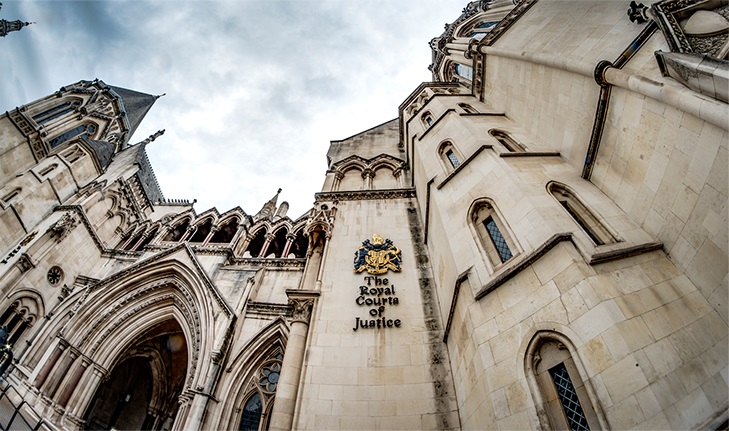Mozambique: Public prosecutor opens 742 post-election protest crime cases
Hidden debts: Mozambique wins one round in London Court – AIM

In file CoM
The Supreme Court of the United Kingdom has granted Mozambique leave to appeal against the ruling of March 2021 by the Court of Appeal which found in favour of the Abu Dhabi based group Privinvest in the dispute over which court is competent to hear Mozambique’s case against Privinvest.
Mozambique wants the case to be heard by a court in a sovereign state (such as the UK), whereas Privinvest wanted to shuffle it off to the much more opaque procedures of international arbitration.
The Mozambican Attorney General’s Office (PGR) began the case against Privinvest in 2019, demanding that Privinvest compensate the Mozambican state for all the losses incurred in the scandal of the “hidden debts”.
The term refers to the loans of more than two billion US dollars which three corrupt, security-related companies – Proindicus, Ematum (Mozambique Tuna Company) and MAM (Mozambique Asset Management) – obtained from the banks Credit Suisse and VTB of Russia.
The loans were only possible thanks to guarantees issued by the government of the then president Armando Guebuza, and signed by the Finance Minister of the time, Manuel Chang. None of the three companies every functioned properly, and all are now bankrupt and undergoing liquidation. The loans have thus become debts and the creditors are demanding payment.
Privinvest became the sole contractor for all three companies and provided assets of dubious value at vastly inflated prices. The 2017 independent audit of the companies showed that Privinvest had overcharged them by more than 700 million dollars.
The entire scheme was not Mozambican at all but had been dreamed up between Privinvest and Credit Suisse. Hundreds of millions of dollars of the loan money was siphoned off to pay bribes to Mozambican officials (including Chang) and to Credit Suisse managers. Three of those managers (Andrew Pearse, Detelina Subeva and Surjan Singh) confessed to New York prosecutors that they had taken large bribes from Privinvest.
The PGR’s London case was against several companies in the Privinvest group, Credit Suisse, and the three corrupt Credit Suisse managers. Privinvest’s defence was that the Commercial Section of the London High Court was not competent to hear the case, since it had been agreed earlier that any disputes arising from the contracts between the three Mozambican companies and Privinvest would go before the International Court of Arbitration (headquartered in Paris).
At first, Privinvest seemed to be losing, since the London High Court insisted that it did indeed have the authority to hear the case. But Privinvest took the case to the Appeal Court, which in February 2021 overturned the decision of the High Court, much to the delight of Privinvest and its Mozambican supporters.
The PGR wanted to appeal but the same three Appeals Court judges (Launcelot Henderson, Rabinder Singh and Sue Carr) denied the PGR leave to appeal. This left the PGR with a choice – either appeal to the Supreme Court, or let the case go to arbitration, as Privinvest wanted.
The PGR decided to fight on, and went to the Supreme Court. Over a year later, three Supreme Court Justices, in a very brief ruling, gave the PGR leave to appeal against the February 2021 Appeal Court ruling.
For Mozambique, the advantage of hearing the case in the high court is that it will be public, exposing the bribery and corruption practiced by Privinvest to public scrutiny. But if the case goes to an arbitration tribunal, it will be heard behind closed doors, which is exactly what Privinvest wants.
The Supreme Court gave the PGR 14 days to lodge its appeal. A Thursday press release from the PGR said that it did so immediately.













Leave a Reply
Be the First to Comment!
You must be logged in to post a comment.
You must be logged in to post a comment.